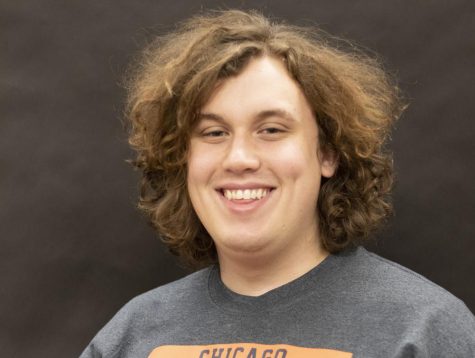Female students, professors talk being a woman in STEM
March 23, 2022
As of 2019, women made up less than 30 percent of STEM workers, according to the U.S. Census Bureau.
STEM stands for science, technology, engineering and mathematics.
Those numbers have increased from 1970, when women only accounted for eight percent of STEM workers and 38 percent of the workforce.
Jaedah Franks, a sophomore studying biology pre-medicine, said that she hasn’t experienced anyone treating her differently as a woman in her field because her classes have more female students.
“I want to say no, only because it’s a lot of women in the classes that I’ve taken, and many times we step up and we give answers, we ask questions, we’re always at the extra study sessions, we’re always at the practicals where we get to study before the actual practical,” Franks said.
Ruth Chesnut, a science professor at Eastern, said she is seeing more women in her classes as well.
“Especially here at Eastern, where I think I probably have two-thirds women in many of my classes,” Chesnut said.
This change occurred throughout Chesnut’s time in the scientific field, which includes nearly 30 years of teaching.
“I think things have changed a lot over my lifetime,” Chesnut said. “I know that when my mother was in medical school 70 years ago, she was one of the very few women in the class, and the guys sort of looked down on them. But that’s much less true now. Last figures I heard more than half of medical students are women. So it’s really turned around a lot.”
According to the Pew Research Center, women received more bachelor’s degrees in STEM courses of study than men but less in the research doctoral field.
“Women earned a majority of all bachelor’s, master’s and doctorate degrees awarded to U.S. citizens and permanent residents in the 2017-2018 school year. But they accounted for 53 percent of degrees in STEM fields at the bachelor’s level and 48 percent at the research doctoral level. Women made up a larger share, 60 percent, of master’s degree recipients in STEM fields, especially in health-related degree programs such as nursing.”
Chesnut said that in her time in her field she received “very little pushback” for being a woman.
“I’ve been very fortunate,” Chesnut said. “Many women have had an opposite experience. They have faced definite discrimination just because of being a woman, but I haven’t. I’ve been very thankful for that.”
While Franks said being a woman in science hasn’t led to a lot of adversity, she said that when it does she plans on sticking up for herself.
“And when that comes, I will just have to try my magic,” Franks said. “Or just speak up and stand up for myself. Although I am a woman, I am just as smart as a man, I can do just as much as a man can.”
Franks advised women in STEM to stick to their goals and remain persistent.
“Keep going,” Franks said. “Because STEM itself is hard and being brought down by another person, especially by a man, can make you feel belittled, but I feel like you have just the right to be there as him. You can do it. I really think following your goals and actually sticking to it will get you a long way.”
Chesnut had similar advice, telling women to find supportive peers in their fields and to not pigeonhole themselves into discriminatory environments.
“If you want to be a scientist, go for it,” Chesnut said. “There’s nothing stopping you. There may be some pockets of discrimination out there, but surround yourself with supportive people. You get into a lab where women are being put down, get out and go find somebody else. You don’t have to be stuck there.”
Alejandra Alvarado, the associate professor of mathematics at Eastern, said in her time in college she experienced adversity from professors and peers doubting her.
“I started to notice it probably in the middle of high school and definitely by college; I noticed there was a lot less women,” Alvarado said. “And I just remember that’s just how it was. But then at some point you start to realize, wow, it’s not just in math, but it’s in most of the sciences, physics, chemistry, engineering.”
Alvarado’s advice for female students who might be experiencing similar problems is to find faculty members outside of their department to act as mentors and to not let doubtful peers define them.
“Within class, that can be tough when there’s another fellow student who maybe doubts this student’s ability, and the one thing to keep in mind would be just to not let that person, don’t let those one incidents define who you are,” Alvarado said.
Ryan Meyer can be reached at 581-2812 or at rameyer@eiu.edu.

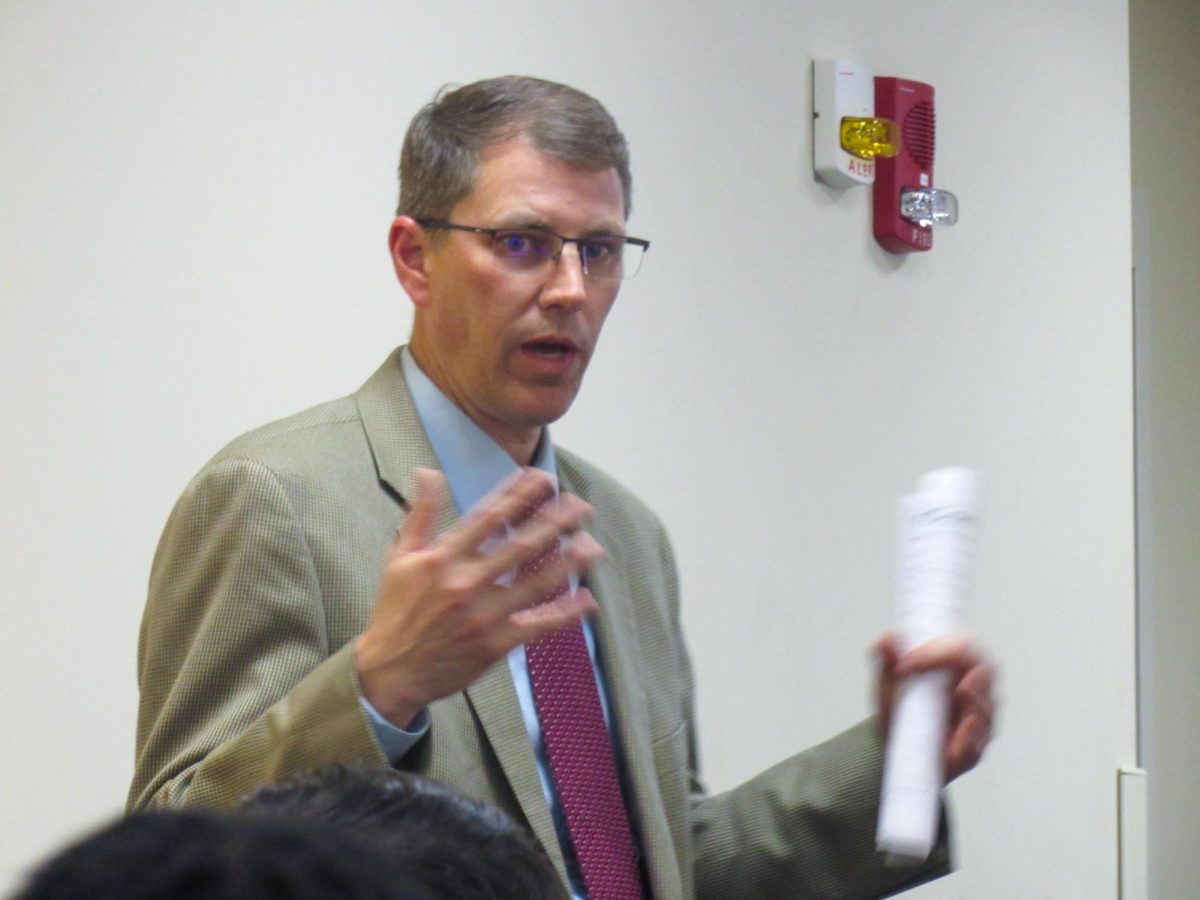
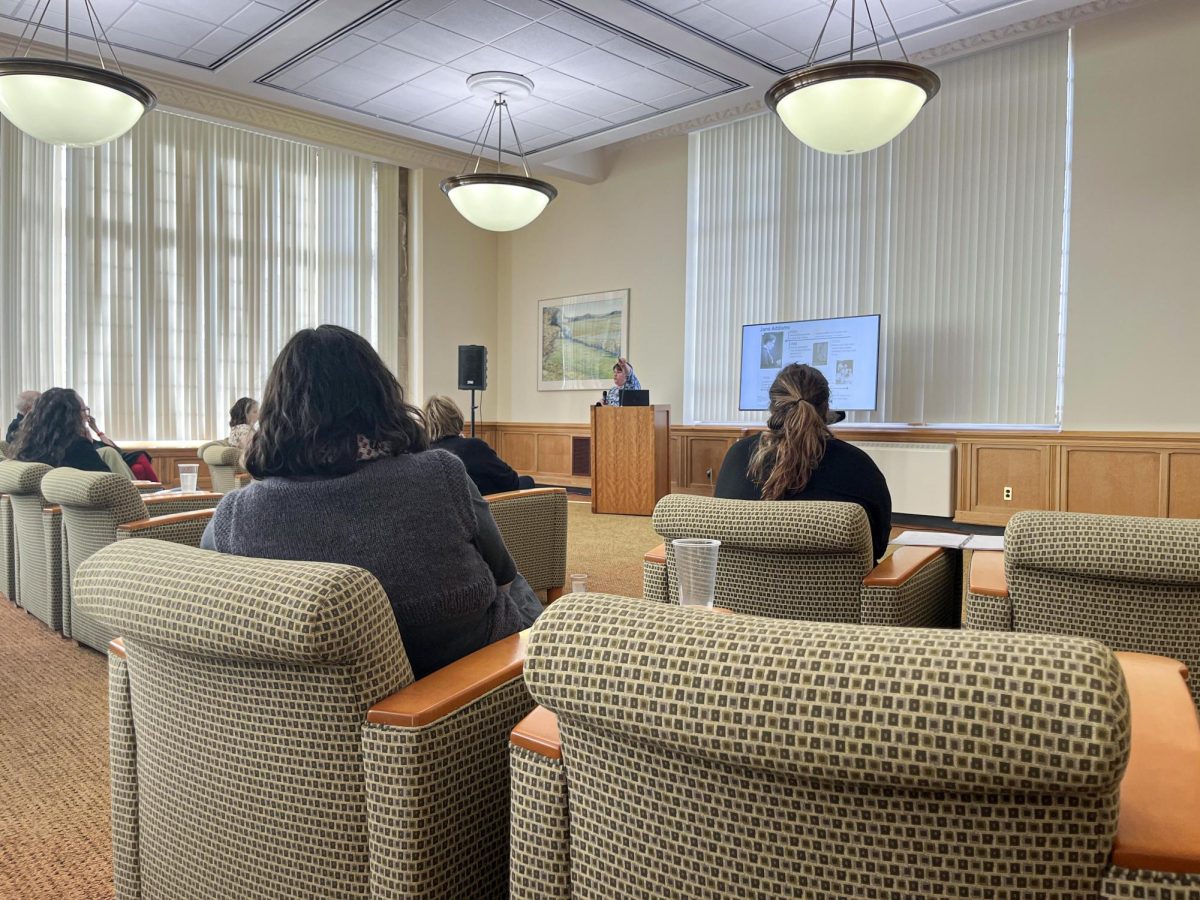

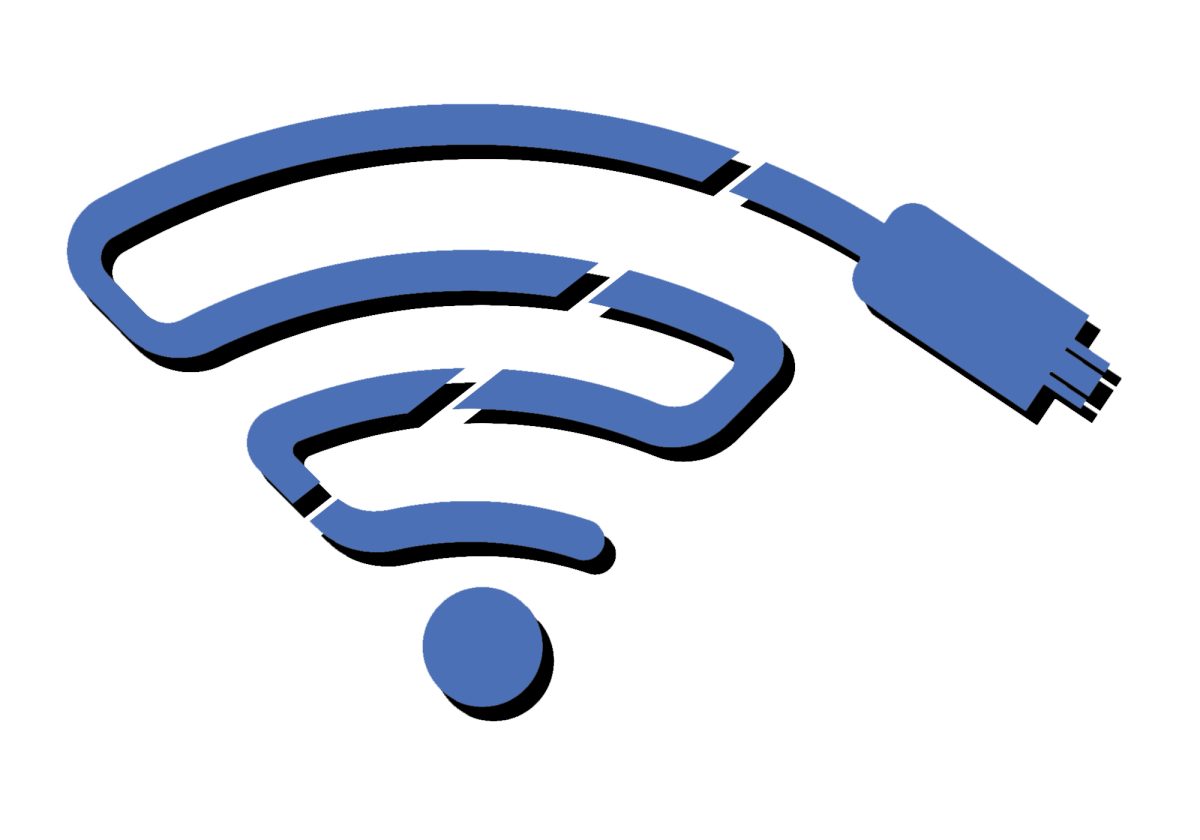


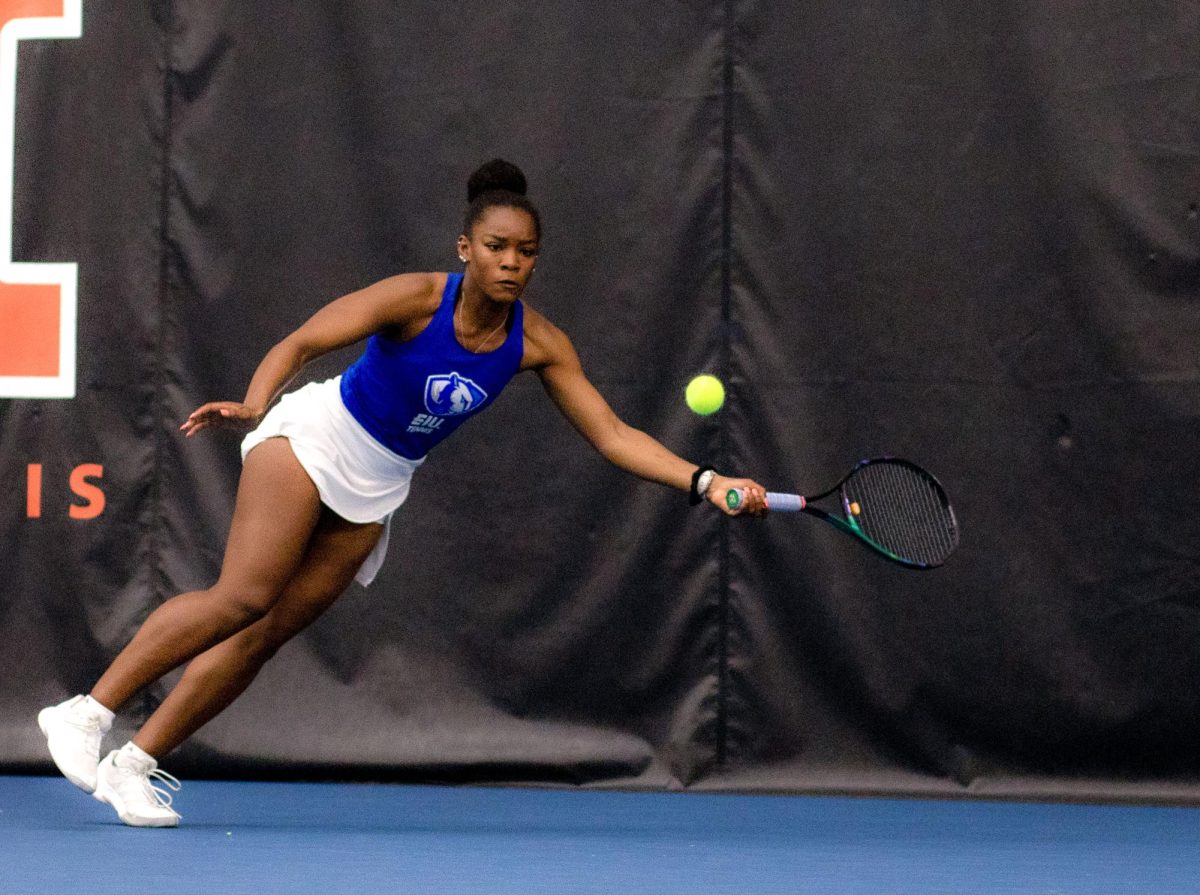
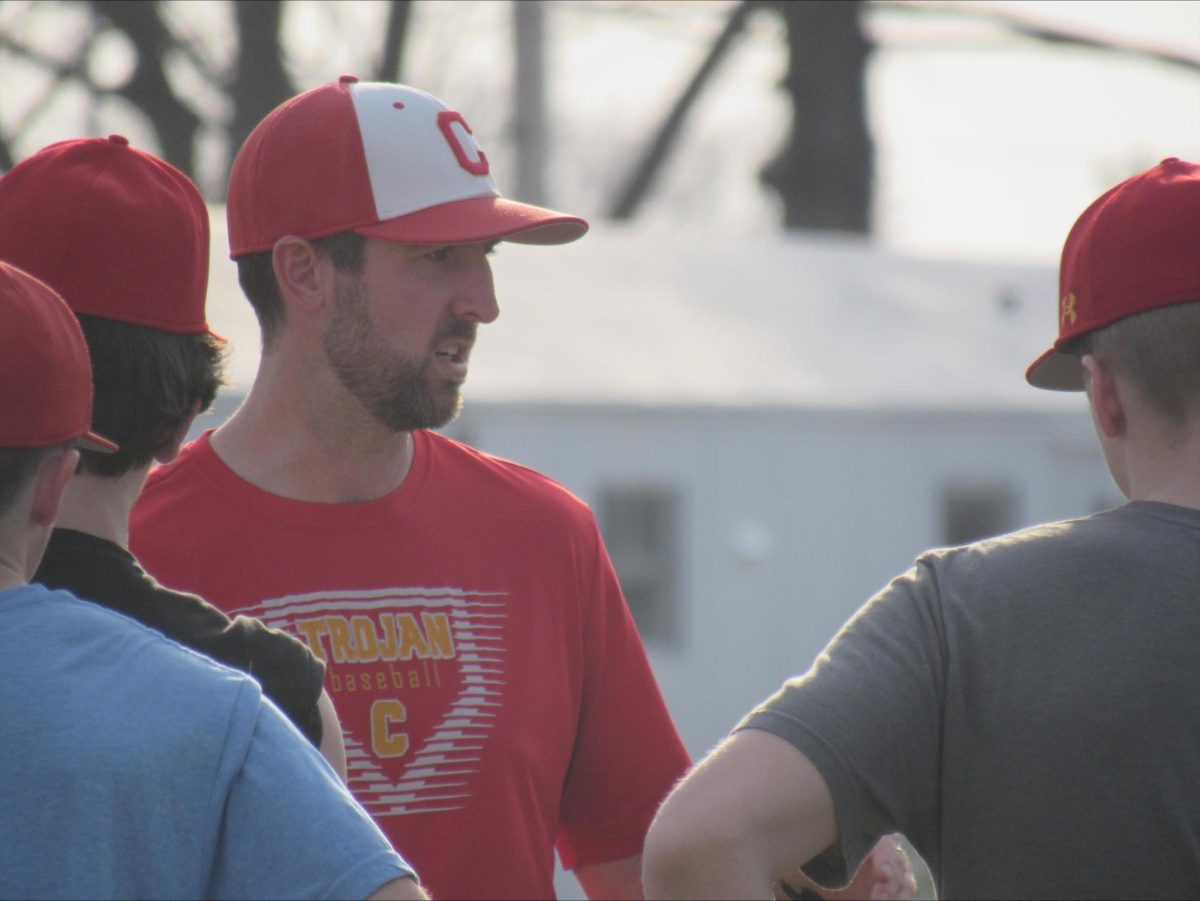
![[Thumbnail Edition] Eastern Illinois University baseball's hitting coach and recruiting coordinator Mike Pugliese urges players on the team to increase their effort after a slow start to its pregame routine at the team's first intrasquad scrimmage of the season at O'Brien Field on Jan. 31, 2025.](https://www.dailyeasternnews.com/wp-content/uploads/2025/03/BB_02_O-1-e1741909628540-1200x702.jpg)
![[Thumbnail Edition] Senior tennis player Luisa Renovales Salazar hits the tennis ball with her racket at the Darling Courts at the Eastern Illinois University campus in Charleston, ILL.](https://www.dailyeasternnews.com/wp-content/uploads/2025/03/Tennis_01_O-1-e1741807434552-1200x670.jpg)
![[Thumbnail Edition] Senior right-handed pitcher Tyler Conklin pitching in the Eastern Illinois University baseball team's intrasquad scrimmage at O'Brien Field in Charleston, Illinois on Jan. 31.](https://www.dailyeasternnews.com/wp-content/uploads/2025/03/TC_01_O-e1741567955534-1200x669.jpg)




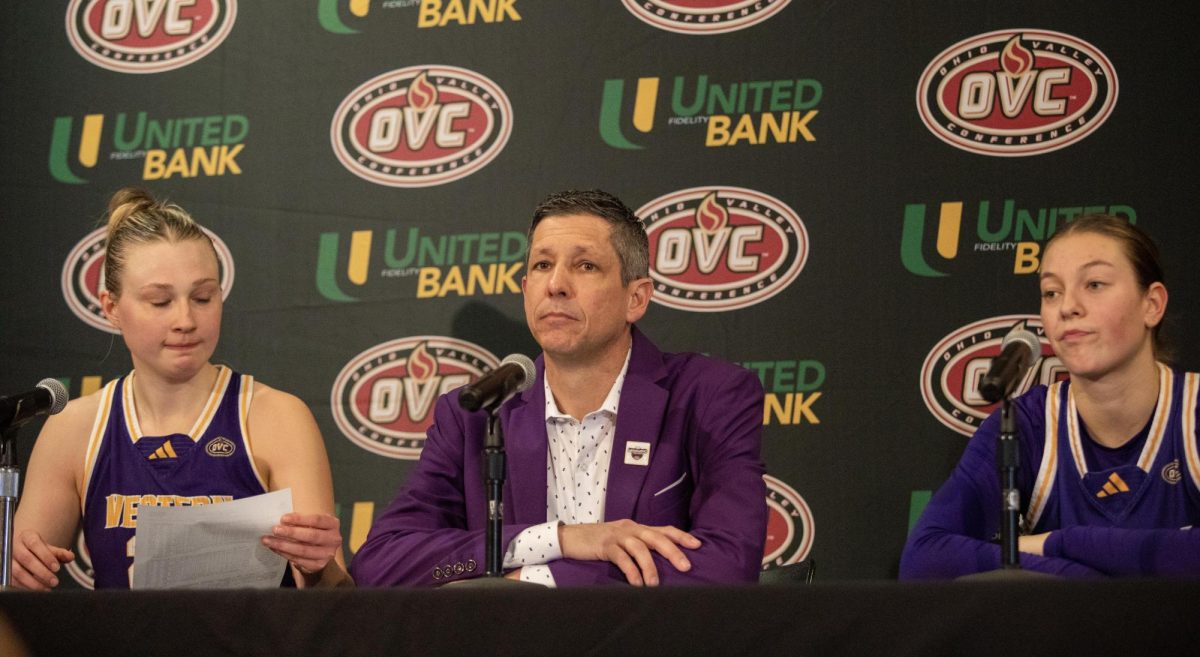
![[Thumbnail Edition] Senior, forward Macy McGlone finds an open teammate to pass the ball too during the game against the Tennessee State Tigers 69-49, in Groniger Arena on the Eastern Illinois University campus, Charleston Ill.](https://www.dailyeasternnews.com/wp-content/uploads/2025/03/WBB_02_O-1-e1741228987440-1200x692.jpg)


















![E[Thumbnail Edition] Eastern Illinois softball freshman utility player Abbi Hatton deciding to throw the softball to home plate in a fielding drill during softball practice at the field house in Groniger arena on Tuesday Feb. 11.](https://www.dailyeasternnews.com/wp-content/uploads/2025/03/SB_03_O-e1741208880750-1-e1741209739187-1200x815.jpg)

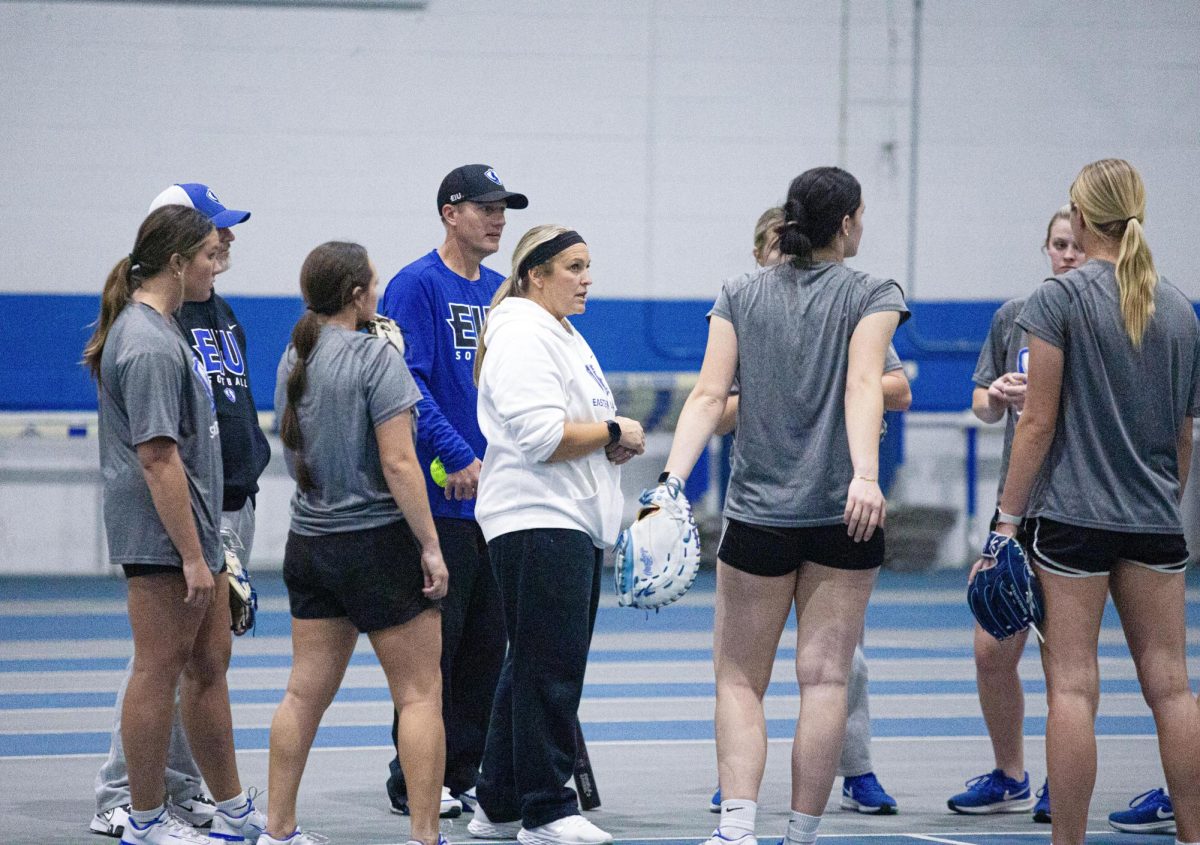













![The Weeklings lead guitarist John Merjave [Left] and guitarist Bob Burger [Right] perform "I Am the Walrus" at The Weeklings Beatles Bash concert in the Dvorak Concert Hall on Saturday.](https://www.dailyeasternnews.com/wp-content/uploads/2025/03/WL_01_O-1200x900.jpg)
![The team listens as its captain Patience Cox [Number 25] lectures to them about what's appropriate to talk about through practice during "The Wolves" on Thursday, March 6, in the Black Box Theatre in the Doudna Fine Arts Center in Charleston, Ill.](https://www.dailyeasternnews.com/wp-content/uploads/2025/03/WolvesPre-12-1200x800.jpg)


















